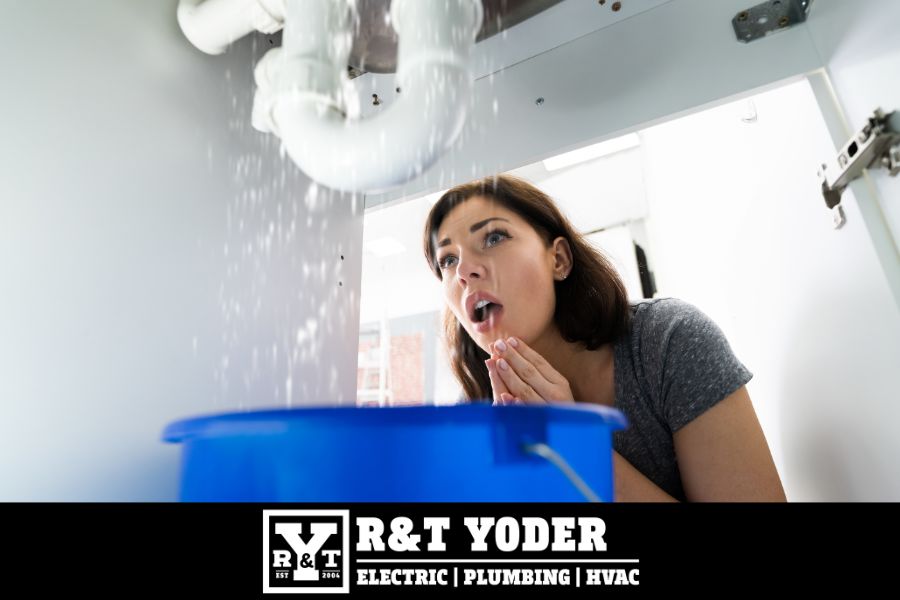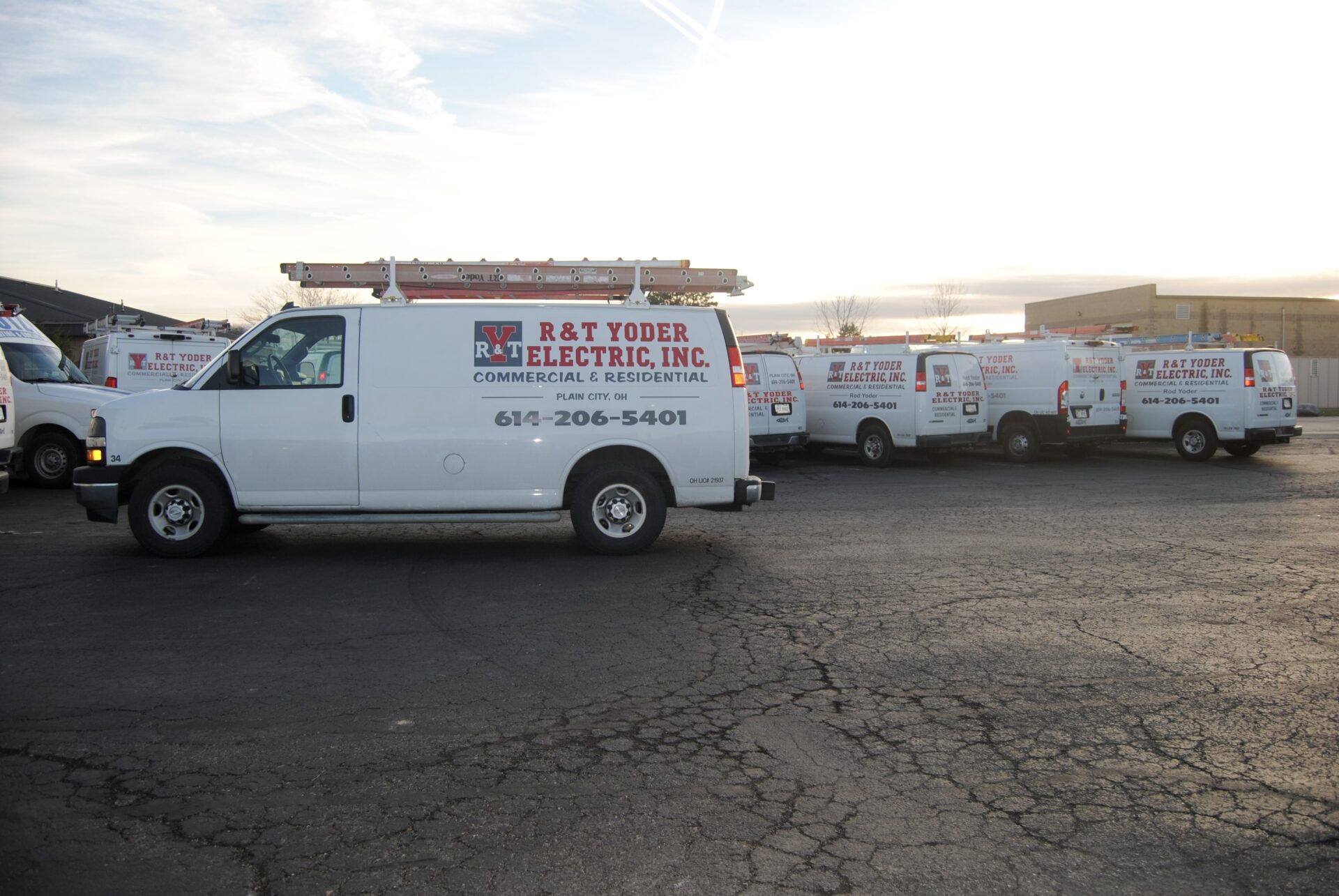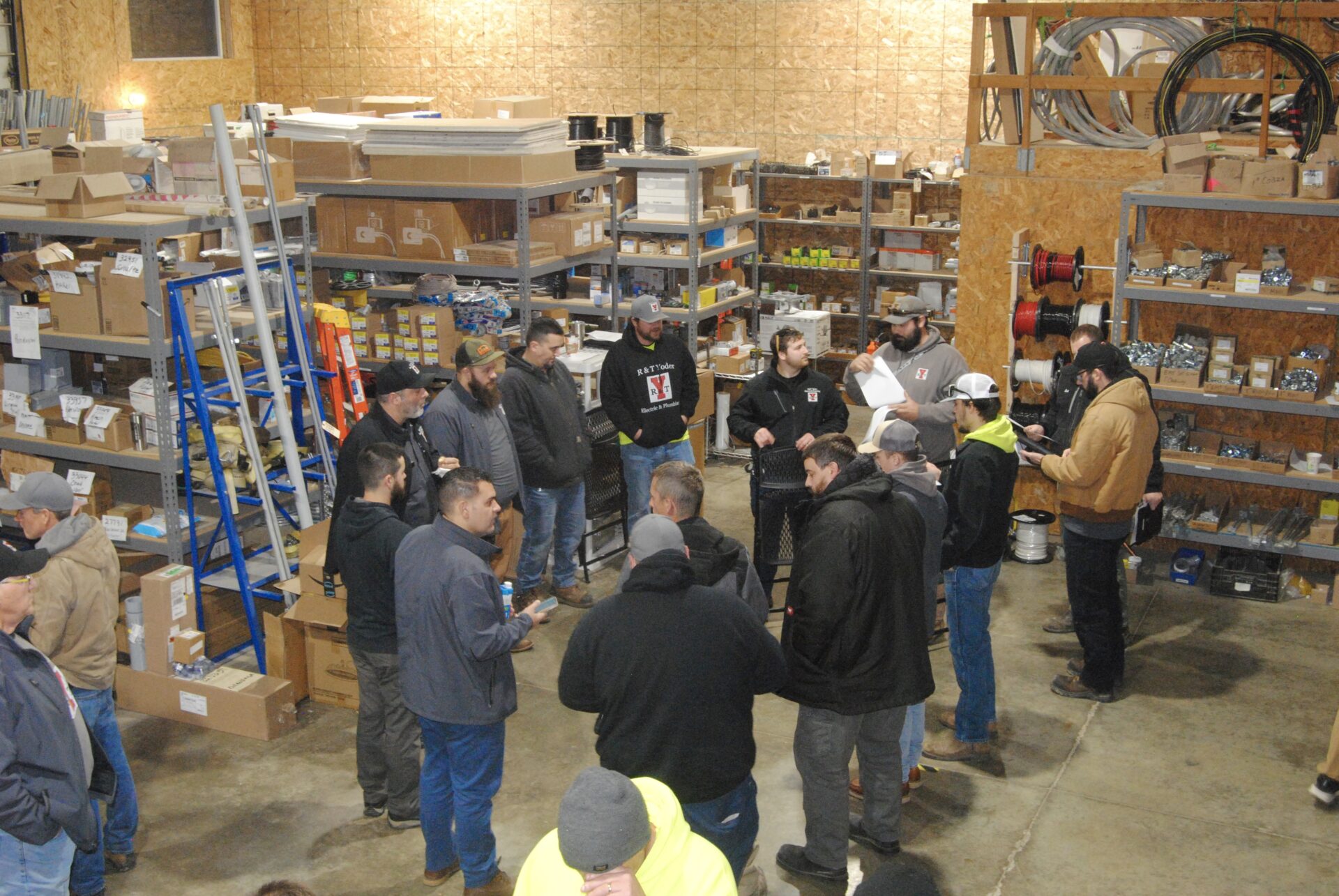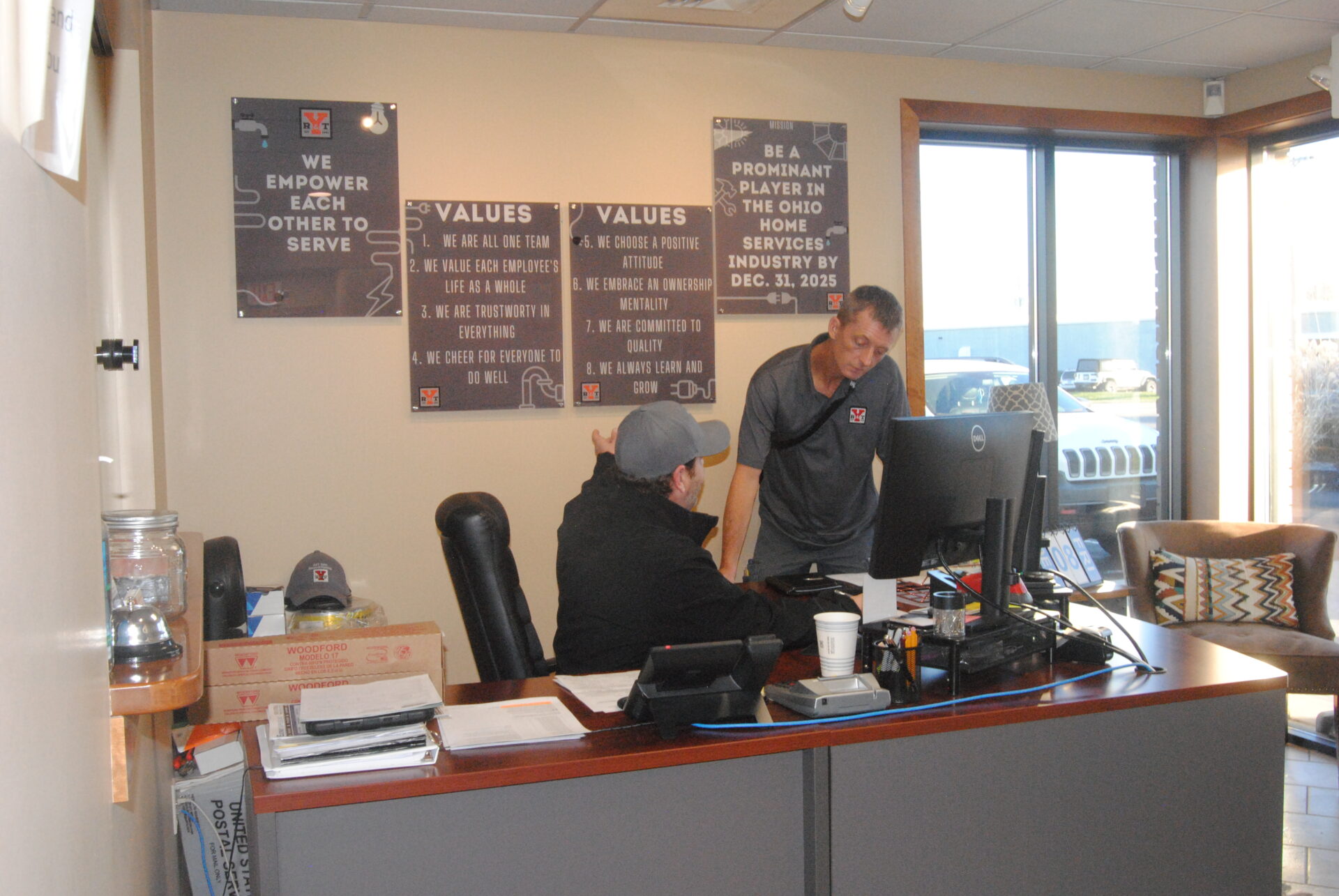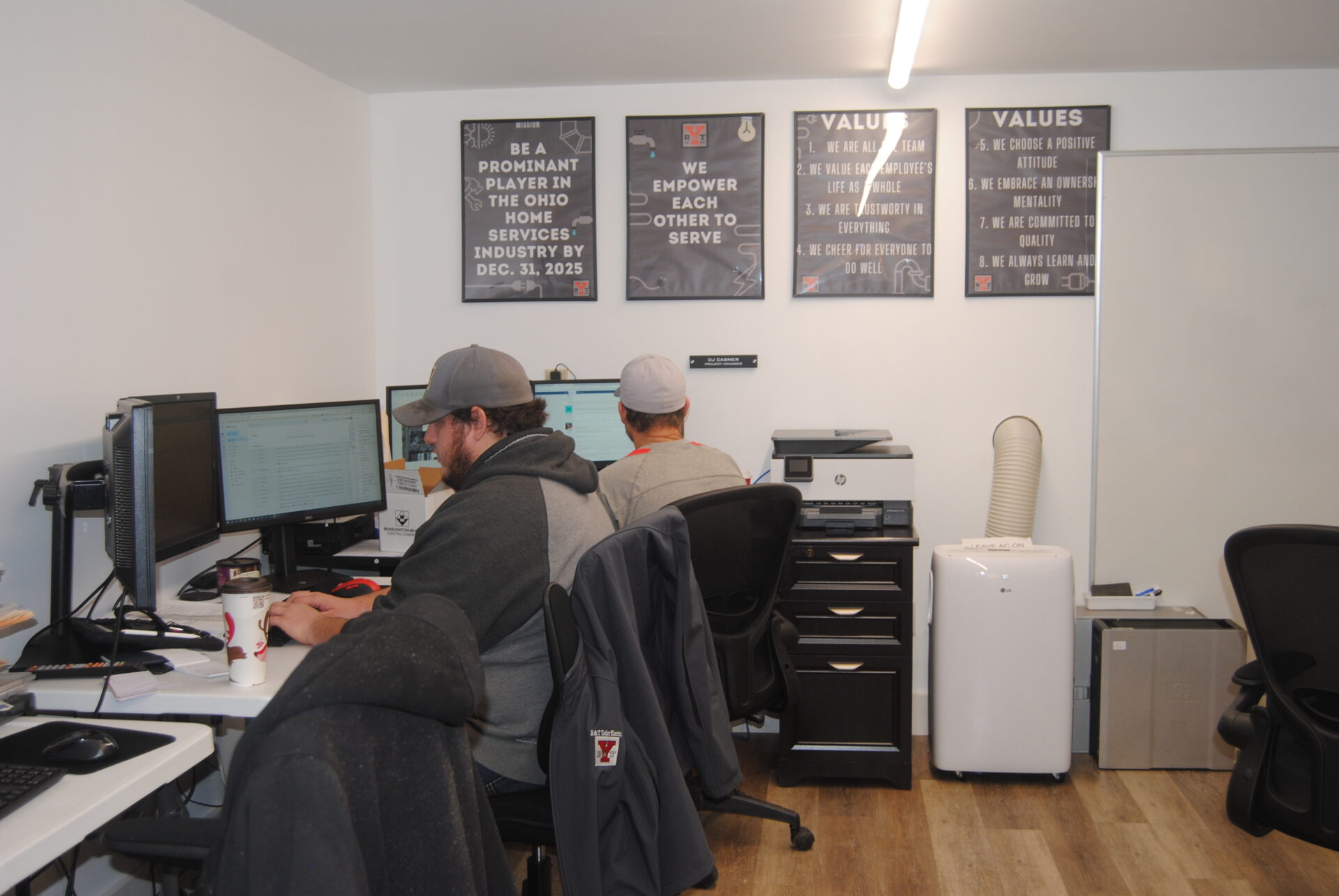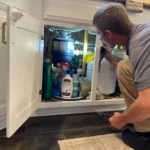Plumbing issues can range from minor inconveniences to full-blown disasters. But how do you know when that dripping faucet, clogged toilet, or leaking pipe crosses the threshold into a plumbing emergency? Knowing what constitutes a plumbing emergency and when to take immediate action can save you time, money, and prevent significant property damage.
1. What Is Considered a Plumbing Emergency?
A plumbing emergency is any situation involving your water supply, drainage, or plumbing system that poses immediate risks to your home, health, or safety. These emergencies typically require urgent attention from a professional plumber to prevent further damage or hazards.
Plumbing emergencies are characterized by
- Significant Water Damage: Issues that could lead to flooding or structural damage.
- Health Hazards: Situations that pose a risk to health, such as sewage backups or contaminated water.
- Loss of Basic Functionality: Disruptions to essential services like access to clean water or a functioning toilet.
- Risk of Escalation: Problems that can quickly worsen if not addressed immediately.
2. Common Types of Plumbing Emergencies
2.1 Burst Pipes
A burst pipe is one of the most serious plumbing emergencies you can face. It can release hundreds of gallons of water in a short time, causing extensive damage to walls, flooring, furniture, and electrical systems.
Signs of a Burst Pipe:
- Sudden drop in water pressure.
- Water stains or pooling water in unusual places.
- Unusual noises like hissing or gurgling.
Immediate Actions:
- Shut off the main water supply immediately.
- Open faucets to drain any remaining water.
- Call an emergency plumber.
2.2 Overflowing Toilet
An overflowing toilet isn’t just messy; it can lead to water damage and potential exposure to harmful bacteria. This is especially urgent if it’s the only toilet in your home.
Causes:
- Blocked pipes due to excess toilet paper, foreign objects, or sewer line issues.
- Malfunctioning float mechanism.
Immediate Actions:
- Turn off the water supply valve behind the toilet.
- Use a plunger to try to clear the blockage.
- If the overflow continues, contact an emergency plumber.
2.3 Sewer Backups
A sewer backup is not only unpleasant but also hazardous. Raw sewage backing up into your home can expose you to harmful bacteria, viruses, and parasites.
Signs of a Sewer Backup:
- Multiple drains are clogged simultaneously.
- Foul odors coming from drains.
- Gurgling sounds from toilets or drains.
Immediate Actions:
- Avoid using any water fixtures.
- Leave the area to prevent exposure to harmful contaminants.
- Call a plumber specializing in emergency plumbing services.
2.4 Major Water Leaks
A significant water leak can quickly cause damage to your home’s structure and lead to mold growth if not addressed promptly.
Common Causes:
- Damaged or corroded pipes.
- Loose fittings or broken seals.
- Faulty appliances like water heaters, washing machines, or dishwashers.
Immediate Actions:
- Shut off the nearest water valve or the main water supply.
- Soak up excess water with towels or a wet/dry vacuum.
- Call a plumber to locate and repair the leak.
2.5 No Running Water
Losing access to running water is more than an inconvenience; it’s an emergency when it disrupts basic daily functions like cooking, cleaning, and hygiene.
Potential Causes:
- Frozen pipes.
- Major leaks or blockages.
- Municipal water supply issues.
Immediate Actions:
- Check with your water supplier for local outages.
- If the issue is isolated to your home, call an emergency plumber.
2.6 Gas Leaks Related to Water Heaters
A gas leak from your water heater poses an immediate threat to your safety. Gas leaks can lead to fires, explosions, or carbon monoxide poisoning.
Signs of a Gas Leak:
- Rotten egg smell (sulfur).
- Hissing sounds near the water heater.
- Symptoms like dizziness, headaches, or nausea.
Immediate Actions:
- Evacuate the house immediately.
- Do not turn on or off any electrical appliances.
- Call your gas company and an emergency plumber.
2.7 Water Heater Malfunctions
A malfunctioning water heater can sometimes lead to emergencies, especially if it’s leaking, overheating, or producing discolored water.
Signs of Water Heater Issues:
- No hot water.
- Leaking tank or pooling water around the unit.
- Strange noises like banging or popping.
Immediate Actions:
- Shut off power to the heater.
- Turn off the water supply to the heater.
- Call a plumber for immediate repair or replacement.
3. What Is Not Considered a Plumbing Emergency?
Not every plumbing problem requires immediate action. Here are some examples of issues that, while inconvenient, typically don’t constitute emergencies:
- Slow Drains: If a single drain is slow but still functioning, it can usually wait for regular plumbing services.
- Minor Leaks: Small drips that can be contained with a bucket or towel don’t require immediate action.
- Low Water Pressure: This can be frustrating but is rarely an urgent issue unless it’s caused by a major leak.
- Dripping Faucets: Although wasteful, a dripping faucet can generally wait for a scheduled repair.
While these problems should still be addressed promptly, they don’t pose immediate threats to your home or health.
4. When to Act and Steps to Take During a Plumbing Emergency
When you’re facing a plumbing emergency, quick action can minimize damage and protect your home. Here’s a step-by-step guide on what to do
Step 1: Shut Off the Water
Locate your home’s main water valve and turn it off to stop the flow of water. For specific issues, such as an overflowing toilet or a leaking appliance, use the individual shutoff valves.
Step 2: Turn Off Electrical Power
If water is near electrical outlets or appliances, shut off the power at the breaker box to avoid electrical hazards.
Step 3: Contain the Damage
Use towels, buckets, or a wet/dry vacuum to soak up excess water and prevent it from spreading. Move furniture and valuables away from affected areas.
Step 4: Call an Emergency Plumber
Contact a licensed emergency plumber and provide detailed information about the problem. Many plumbing services offer 24/7 emergency assistance.
Step 5: Document the Damage
Take photos or videos of the damage for insurance purposes. This can help with claims and repair costs.
Step 6: Avoid DIY Fixes for Complex Issues
While some minor issues can be resolved with DIY methods, avoid tampering with complex plumbing systems to prevent making the problem worse.
5. How to Prevent Plumbing Emergencies
Preventative maintenance is key to reducing the likelihood of plumbing emergencies. Here are practical tips to keep your plumbing system in top condition
- Regular Inspections: Schedule annual plumbing inspections to identify potential issues early.
- Monitor Water Pressure: Install a water pressure gauge and ensure it stays between 40-60 psi. High pressure can strain pipes and fittings.
- Clean Drains Regularly: Use drain screens and avoid flushing grease, hair, or large objects down the drains.
- Insulate Pipes: Protect pipes from freezing by insulating them, especially in colder climates.
- Maintain Appliances: Check water heaters, washing machines, and dishwashers for leaks or wear.
- Know Your Plumbing System: Familiarize yourself with the locations of shutoff valves and how to use them.
6. How to Choose an Emergency Plumber
Selecting the right emergency plumber ensures you get prompt and effective service. Consider these factors when choosing
- 24/7 Availability: Emergencies can happen anytime; choose a plumber who offers round-the-clock service.
- Licensing and Certification: Ensure the plumber is licensed and certified in your state.
- Experience: Look for plumbers with experience in handling various types of emergencies.
- Customer Reviews: Check online reviews and testimonials for reliability and service quality.
- Response Time: Fast response times are critical in emergencies. Choose a plumber who can arrive quickly.
- Transparent Pricing: Ask for upfront pricing to avoid surprises. Some plumbers offer flat rates for emergency calls.
Understanding what is considered a plumbing emergency and knowing when to act can make all the difference in protecting your home. From burst pipes to sewer backups, recognizing the signs of an emergency allows you to take swift action and call the appropriate professional. Regular maintenance and prompt repairs can also help you prevent many emergencies before they occur.
Stay informed, stay prepared, and you’ll be equipped to handle any plumbing crisis that comes your way.

